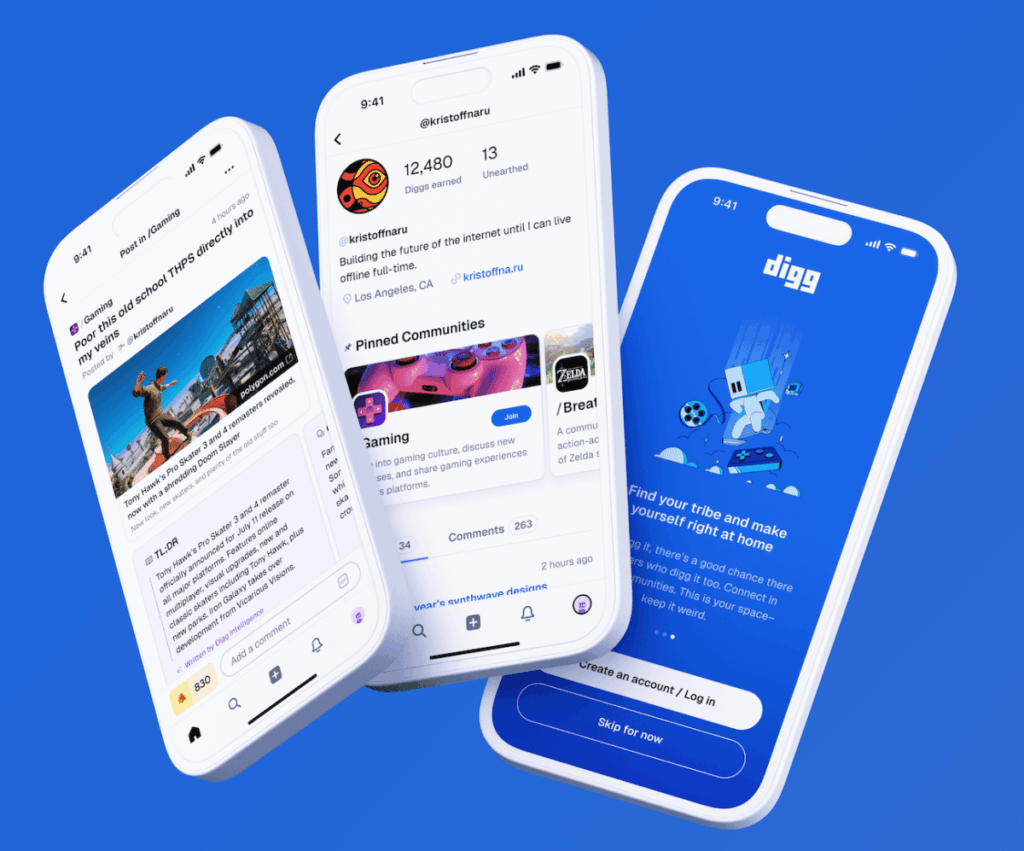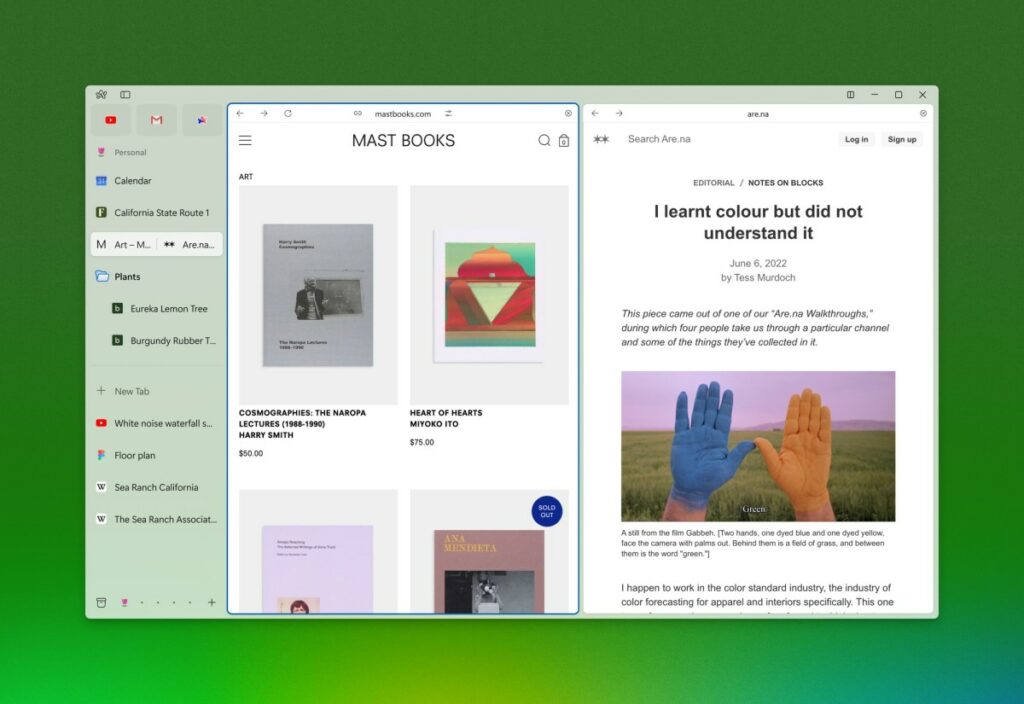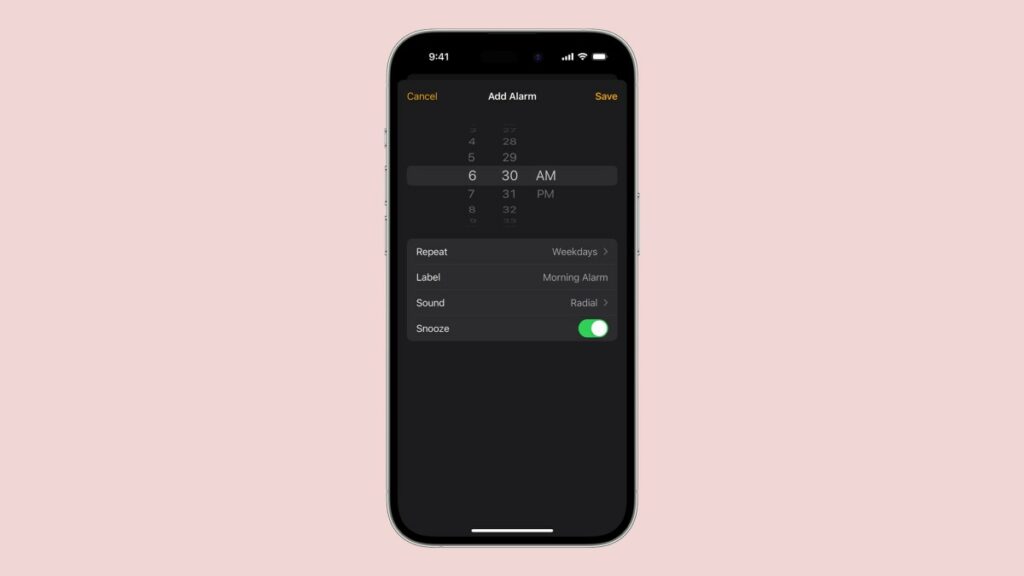The rebooted version of Digg’s news aggregator has entered testing, offering users a first look at what this would-be Reddit competitor, built for the AI era, has in store.
At its height in 2008, Digg’s site was valued at $175 million, but it was split up and sold for parts a decade later. In March, Digg’s original founder, Kevin Rose, and Reddit co-founder Alexis Ohanian teamed up to bring the brand back and reinvent the site for a new generation of internet users.
The founders think that the internet is being flooded with bots and AI agents, which will create demand for online communities like Digg that foster real human connections. They’ve said they’re also looking into using technology to establish ownership, like zero-knowledge proofs, alongside other tools that could verify whether someone is human before they’re able to post and join conversations.

On Friday, Digg launched its iOS app to testers who are a part of its Groundbreakers community of early adopters. The app, which is in alpha testing, provides a first look at the direction the rebooted Digg is headed.
The app itself has a clean design with a navigation bar at the bottom for moving between the different parts of the service like the Home feed, Search, Leaderboards, and user profile page.
Similar to Reddit, Digg offers a selection of feeds that allow you to view the site’s content in different ways. There are feeds to see the site’s most popular content (Most Digg), the Newest, Trending, and content that’s “Heating Up.” These filters can be used across either All of Digg or just your own Feed, which is based on the communities you follow.

Unlike Reddit, there are only a handful of communities to join for the time being, including those focused on interests like art, entertainment, sports, finance, food, music, science, and technology, as well as those for asking questions (AMA), tracking news, or chatting about Digg itself. (The company says the ability to create communities will roll out in later tests.)

As users share posts to these various communities, others can upvote or downvote them, save posts, and leave comments.
Beneath posts, Digg is leveraging AI to summarize the article’s content. This news summarization trend has been popularized in other apps like Artificat, which sold to Yahoo, and modern-day news readers like Particle. However, AI-based news summaries can be hit or miss, which is why some publishers have been wary of implementing them on their own sites.
Digg hasn’t yet added any other AI summarization tools, like the ability to have the story explained from both sides or in a simpler format, like “Explain it like I’m 5,” like these earlier AI news apps had done.
In trying to differentiate its upvote and downvote buttons from Reddit, Digg is using icons that are meant to resemble hands. This design still needs work, though. As some have pointed out, it’s not clear which icon is meant to be the upvote or downvote; the icons could be read either way.

The app also features user profiles with bios, stats, posts, and achievements. For instance, users can earn “Gems” by being the first to Digg a post that then trends across the platform. The earlier you are to discover and dig these posts, the more Gems you earn.
There are also leaderboards in the mobile app that highlight the top daily posts, comments, and Gem-finders, though Digg says it’s responding to user feedback and has been dialing back gamification elements on the desktop.
More importantly, Digg has learned from its past mistakes and is making its new leaderboards time-bound — that is, they refresh every 24 hours.

In the prior version of Digg during the Web 2.0 era, Digg’s leaderboards became dominated by certain individuals who then had outsized influence on what trended. Users organized to promote or bury pages en masse, and some even began charging to get stories to the front page.
While the rebooted Digg may want to avoid these types of problems, including leaderboards in the app at all may send the wrong message.
Though the new app is in good shape — especially considering it’s an alpha — what it’s not yet demonstrating is why anyone would leave Reddit to use Digg instead. That push may come in time, as Digg allows users to create their own communities and customize them to their liking.
Rose suggested during a recent AMA that Digg would like to turn to AI to help in community design further down the road.
“We see a world where eventually you have a conversation with a built-in LLM on Digg and say, hey, I want my community to show up like this … I want to be this widget over here, or this be structured,” he explained.


